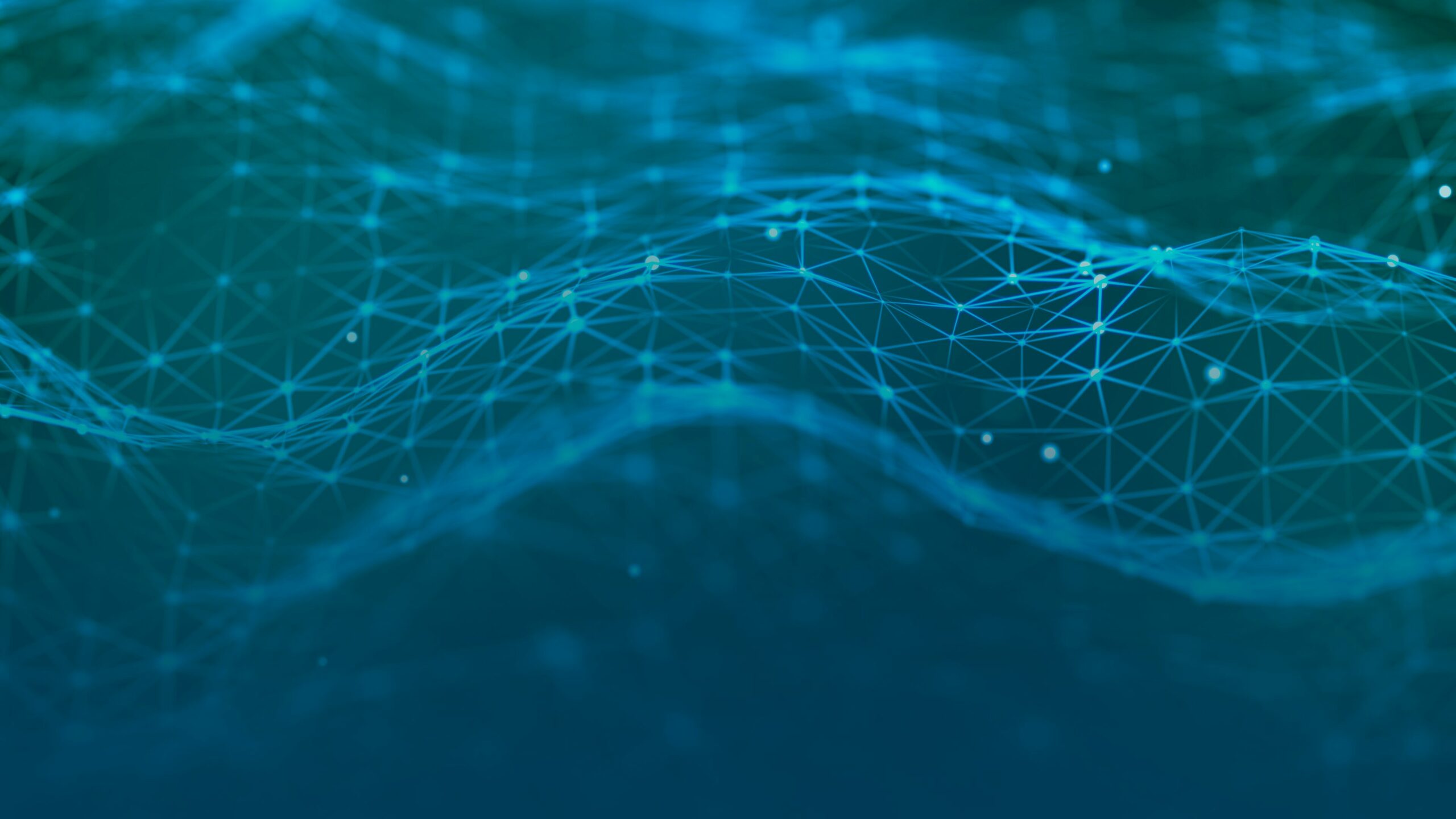These solutions use formal knowledge models and logic to represent information and make decisions. Logic algorithms process data based on predefined rules, which enables inference and logical conclusions. These systems are particularly useful in fields where understanding the structure of data and the relationships between data is crucial. Examples include expert applications that support decision-making based on field knowledge.

Knowledge and Logic-based Systems
Type of technology
Description of the technology
Basic elements
- Knowledge bases: Data structures Knowledge bases: Data structures that represent knowledge about the world in the form of logical rules.
- Inference algorithms: Mechanisms that transform rules and data into new information.
- Rule engines: Modules that support operations on logical rules.
- Ontologies: Formal models that define concepts and the relationship between them in a given domain, that represent knowledge about the world in the form of logical rules.
- Inference algorithms: Mechanisms that transform rules and data into new information.
- Rule engines: Modules that support operations on logical rules.
- Ontologies: Formal models that define concepts and the relationship between them in a given field.
Industry usage
- Medicine: Expert systems to support disease diagnosis.
- Law: Automation of legal processes and interpretation of regulations.
- Finance: Recommendation systems based on business rules.
- Administration: Legal and regulatory records management.
- Engineering: Designing complex systems using formal models.
Importance for the economy
Systems based on knowledge modelling and logic processes support the automation of decision-making processes in various sectors, such as medicine, finance, public administration, and law. By making precise inferences based on predefined rules, these technologies enable rapid decision-making and optimisation of business processes. In the future, they will be a key element of digital transformation in many industries.
Related technologies
Mechanism of action
- Systems based on knowledge modelling process data by analysing logical rules contained in knowledge bases. Each rule defines relationships between concepts or data and indicates what conclusions can be drawn. Rule engines perform inference operations, enabling new information to be derived from existing data. The process is iterative, meaning that the system can dynamically adapt its conclusions to new data. This enables automatic decision-making based on complex rules and relationships between data.
Advantages
- Automation of decisions: They support knowledge-based decision-making.
- Precise inference: They are based on clearly defined logical rules.
- Error reduction: They eliminate human error in decision-making processes.
- Predictability: Understandable and controllable decision-making processes.
Disadvantages
- Limited flexibility: Models are strongly dependent on predefined rules.
- High maintenance costs: Knowledge models must be constantly updated.
- Complexity: Difficulties in creating and managing large knowledge bases.
Implementation of the technology
Required resources
- Data sets: Collections of knowledge in a specific field.
- Inference algorithms: Tools for logical data analysis.
- IT infrastructure: Computing power for data storage and processing.
- Team of experts: Specialists in knowledge modelling and analysis.
- Software: Logic rule management tools.
Required competences
- Knowledge of formal logic: Ability to create and manage logic rules.
- Data modelling: Understanding how data can be represented in knowledge bases.
- Programming: Knowledge of rule engine implementation tools.
- Business process analysis: Ability to turn processes into rules.
- Knowledge management: Expertise in organising and updating knowledge.
Environmental aspects
- Energy consumption: Knowledge and logic models require significant computing resources.
- Raw material consumption: The IT infrastructure needed to process data requires raw materials.
- Waste generated: Upgrading servers and IT systems can generate electronic waste.
- Recycling: Effective recycling of IT equipment is needed.
Legal conditions
- Legislation governing the implementation of solutions (e.g. AI Act).
- Intellectual property: Principles for the protection of logical rules and knowledge models.
- Safety standards: Regulations for secure knowledge management.
- Data security: Protecting knowledge bases from unauthorised access.
- Export regulations: Export regulations for knowledge and logic technology.